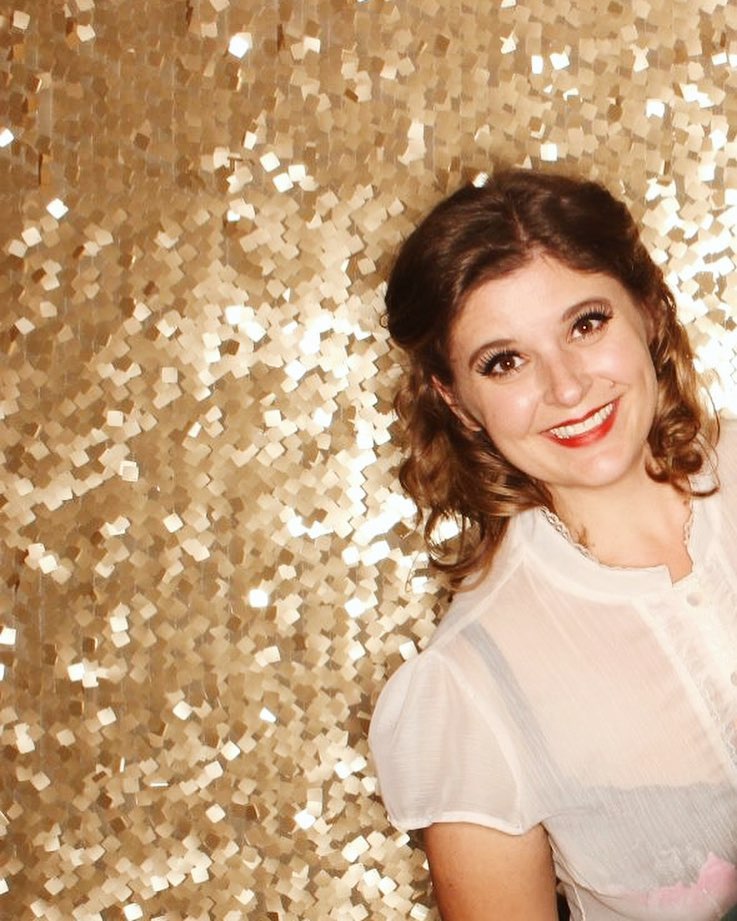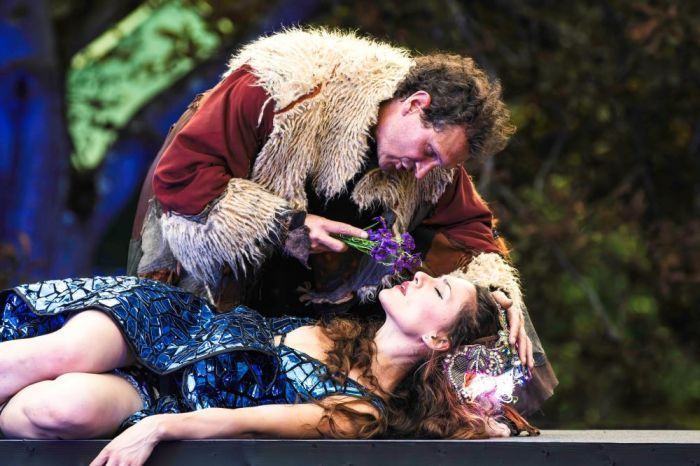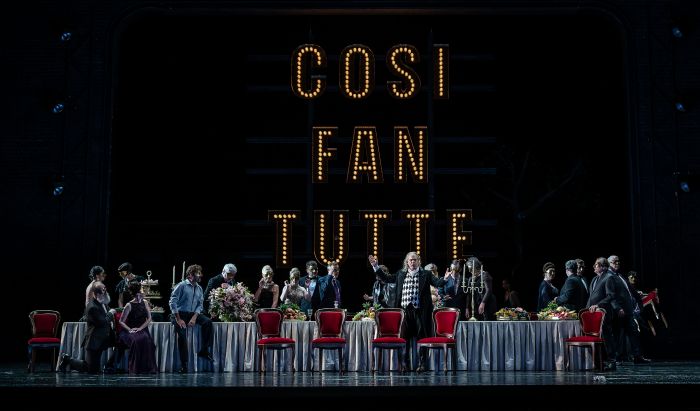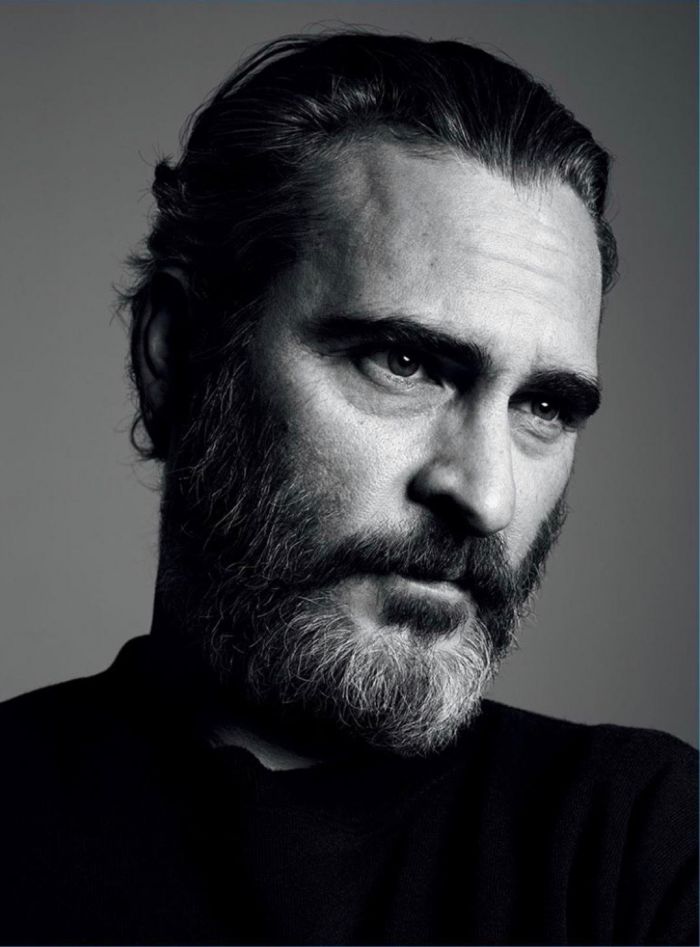Ex Machina is one of those films that will completely blindside you, and not in the ways you may think. I struggled with whether or not this interview with star Alicia Vikander should be kept 100 percent spoiler-free—since the less you know about this science fiction thriller before seeing it, the better—and ultimately opted to omit the details regarding its ending.
What you should know, as hard as it may be to believe, is that Ex Machina is Alex Garland’s directorial debut. The talented screenwriter is best known for writing the stunning 28 Days Later and Sunshine (both Danny Boyle-directed films), as well as the adapted screenplays for Beach and Never Let Me Go. Naturally, Garland also wrote Ex Machina, which has a deceptively simple plot, a remarkable cast of just four, and an aesthetic like no other.

The story follows a programmer named Caleb (Domhnall Gleeson) who gets chosen by billionaire genius Nathan (Oscar Isaac) to conduct a variation of the Turing test on Ava (Alicia Vikander), an A.I. he has created. I know it may not seem groundbreaking when summed up in one sentence, but the film takes all of those familiar artificial intelligence tropes you’ve seen before and turns them inside out. It’s a minimalist thriller that relies on dialogue and setting, instead of physical actions, and does it so well that one specific scene will cause your arm hair to stand upright.
And at the core of it all is Vikander, who was given creative freedom to build Ava’s character from the ground up.

Mila Pantovich: Your movements as Ava are hypnotic in their perfection and grace. With a background in dance, what was the process like for you to find Ava’s movements in order to strike that perfect balance between robot and human?
Alicia Vikander: It was very scary, because she was kind of a blank sheet and I needed to kind of create this character from scratch. That was also very thrilling. I wanted to find a very specific physicality and voice to her to kind of create this thing and being. I did have a lot of conversations with Alex [Garland], […] and I like to approach characters in general […] with physicality, and he just threw me up on the floor at rehearsals. He was like, “Just try! Just try!” And I kind of did, and let my imagination go. I think I wanted to make something quite pristine and pure and doe-like. Something quite innocent, as a whole, for the character.
And then I realized that being very pristine in my movement makes things quite perfect. Weirdly enough that made it look a bit more robotic, because humans are a bit more inconsistent and flawed. It was interesting how that actually turned out to look more unreal. […] Alex really helped me with focusing on trying not to play the robot, but trying to play something that wants to be a girl. Doing that, it’s a bit like trying to play drunk sometimes. If you try to play sober, then that is normally a better way of approaching that. Same thing. So I tried to make something very humane, but then tried to find the glitches and off beats within that to still make you question her.

MP: The growth of the character, moving from a being that started out mimicking human behavior and evolving into something perhaps more human than humans are, is similar to stories like that of Frankenstein’s monster. Did you have any reference points that you used for Ava or was it important to keep her free of influence?
AV: I think that yes, you get interested and you read things and you think about things with imagination. But I think when it actually came to me creating this character, I wanted to not think about too much. Also in the film, this is something that hasn’t been made before. It’s easy if you see the film, and even I can maybe see the resemblance to other things, but no, I tried to hold myself back from doing that when I filmed.

MP: How long was the shoot?
AV: We shot it in only six weeks, which is very fast, but it’s a very low budget film. I think half the budget kind of just went to creating my neck and my tummy. It was all about trying to fit everything in a small about of time. At least we were lucky [because] a big part of the film we were able to shoot on a small stage studio and then of course we went to Norway for the grand experience.

MP: What was it like being on location in Norway to shoot scenes at the Juvet Landscape Hotel and at a neighboring private residence? It looks absolutely breathtaking.
AV: All the locations that are in the film, many thought the glaciers were kind of posted, you know, [but] that was actually what it looked like. The nature is so extraordinary there and we shot that scene where she walks out and we found the most amazing stone wall, which had moss growing on it, and it was the most insane, bright, limey green, yellow, with weird things growing out—things that we had never seen—and it looked unreal. So we shot a lot of takes of me walking around in that part of the little woods that we found, but they couldn’t use it in the end because it actually looked fake. And it’s amazing to see that the real world then, in the context of that film, it didn’t work because it was just too extraordinary. People sort of [thought], “Well, that’s not the real world.”

MP: What was the most difficult part for you in playing Ava?
AV: Of course, the time to create this from scratch, a robot, was scary because it was very different from anything else I had done. But just getting down to the basics of actually having a script where you were allowed to have scenes that ran for 12-13 pages, which is extremely rare in film, and kind of have a 20 minute take. Me and Domhnall [Gleeson] normally did three takes in a row, so it was almost like [being] in a stage play. To be able to do that and see the different ways every scene took, because you had so much time for each scene, was both challenging and really a rare experience. As an actor, I really enjoyed it.

MP: The film is pretty deceptive in its simplicity, in that on paper it appears to be a straight-forward story with four characters, but it actually opens so many doors to deeper discussions, hopes, and concerns.
AV: I loved how it’s such an action-packed film but it’s driven, not with physicality, but with words. It has such amazing dialogue. It’s so rare to get a chance to do such a somber piece in film, within a sci-fi genre or any film really, so I had such a good experience shooting this film and I’m so happy it’s finally out.
















